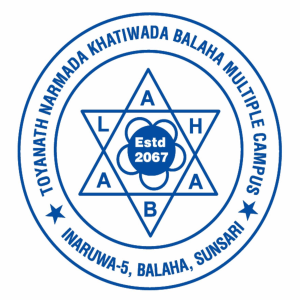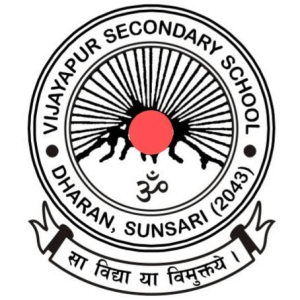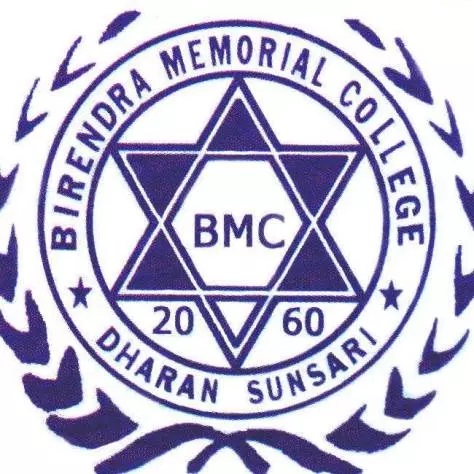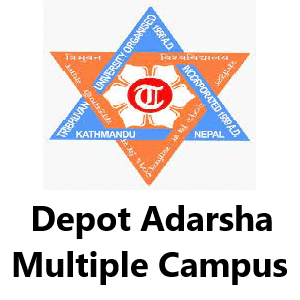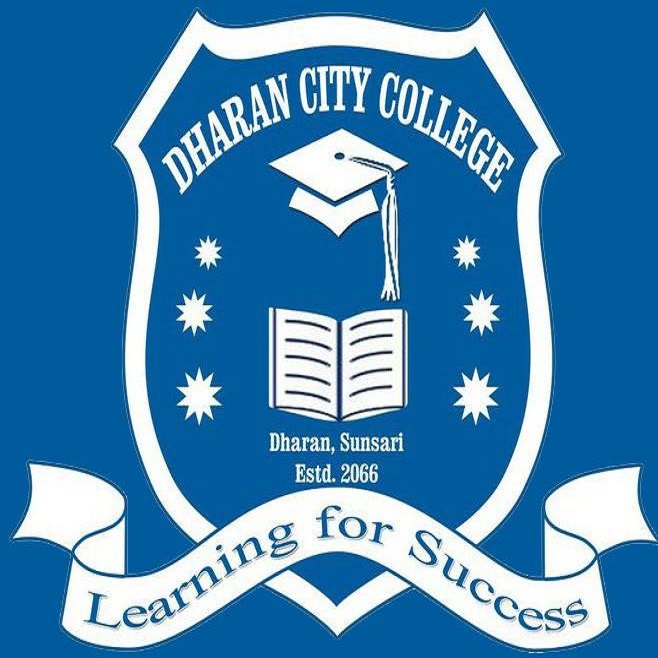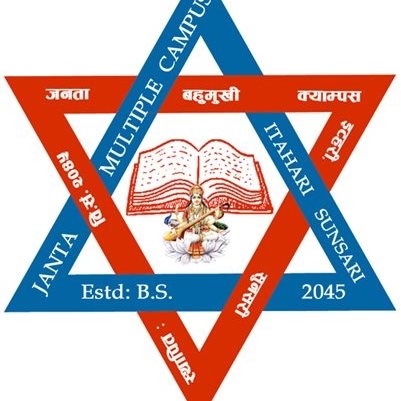Overview
BBS at Kasturi College of Management, Itahari, Sunsari (Tribhuvan University)
If you’re a Management student after +2 and looking for a clear four-year path in Nepal, the BBS course at Kasturi College of Management, Itahari, Sunsari (Tribhuvan University) is a familiar choice. Students often ask about the structure, subjects, attendance rules, project work, and how the annual exams work.
Here’s the full picture—student-first, classroom-level, and specific to the TU curriculum followed by the college.
Overview
Kasturi runs the TU Bachelor of Business Studies (BBS), a four-year annual system under the Faculty of Management (FOM). The programme builds broad business knowledge with room for specialization and practical exposure through a final project. Graduates are prepared for roles in business, industry, and government, and can also pursue entrepreneurship or further study.

Highlights
-
Four academic years with TU-prescribed components: foundation, core, and concentration courses.
-
Minimum 70% attendance to qualify for TU’s annual examinations; TU grading by division.
-
Final Project (4th year) with fieldwork, formal report, and viva under TU procedures.
-
Concentration choices in Accounting, Finance, Management, or Marketing.
Curriculum Details
Year-wise structure (each year 500 marks):
-
1st Year: Business English, Business Statistics, Microeconomics for Business, Financial Accounting & Analysis, Principles of Management.
-
2nd Year: Business Communication, Macroeconomics, Cost & Management Accounting, OB & HRM, Fundamentals of Financial Management.
-
3rd Year: Business Law, Foundation of Financial Systems, Business Environment & Strategy, Taxation in Nepal, Fundamentals of Marketing.
-
4th Year: Entrepreneurship, three concentration papers, Business Research Methods (50), Final Project (50).
Concentrations (select any one area; study 3 papers): Accounting, Finance, Marketing, Management. Example titles include Fundamentals of Investment, Insurance and Risk Management, Customer Relationship Management, Project Management, among others.
Objectives
The programme aims to build competent managers with solid conceptual grounding, practical skills, and an entrepreneurial outlook, while laying a foundation for higher study and research.
Scope
Graduates can function in business, industry, and government or start ventures of their own. The curriculum supports a wide set of roles through core studies and specialization.
Learning Outcomes
Students develop business communication, quantitative reasoning, core functional knowledge, and research exposure. The final project strengthens field inquiry, report writing, and presentation to academic panels.
Skill Development Modules
-
Research & Reporting: Business Research Methods + Project report & viva.
-
Functional Depth: Three targeted concentration papers.
-
Entrepreneurial Thinking: Entrepreneurship paper; SME-linked practicum within specialization options.
Teaching Methodology
Classes follow TU’s mix of lectures, group discussions, problem-solving, guest talks, practicals, case method, and project work—a format Kasturi adopts across its BBS delivery.
Admission Requirements
Applicants must have completed 10+2 in Business/Commerce or an equivalent from HSEB/NEB, TU, or a TU-recognized board, and meet any Faculty Board or campus criteria.
Career Opportunities
Alumni can work in accounting, finance, banking, sales and marketing, HR/operations, or public sector roles; the path also suits students planning MBA/MBS later.
Scholarships and Financial Aid
TU’s syllabus allows campus-level provisions. Kasturi communicates seat-wise scholarship notices and criteria through official channels. (Check current college notices before applying.)
Why Choose This Course?
Looking for a structured four-year plan with clear attendance rules, annual exams, and a mandatory project? This programme provides that predictability while letting you specialize in the area you care about most.
Conclusion
Students who want a grounded Management degree in Itahari under TU find BBS practical and predictable: year-wise clarity, specialization options, and a real project to close the loop between class and field.


